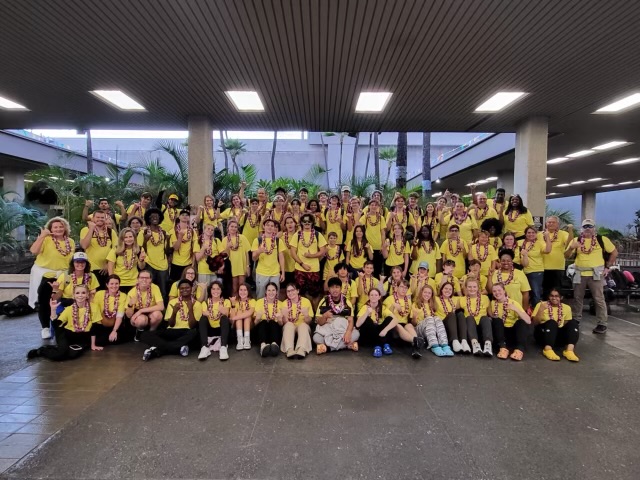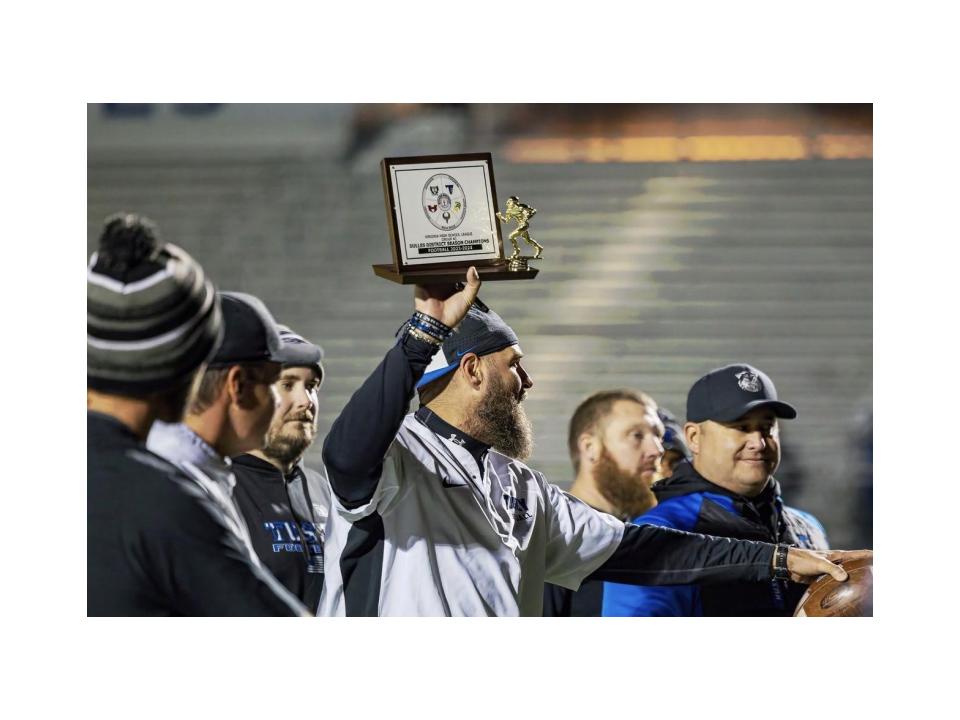By: Danny Sedlezak
LEESBURG, VA-2007 was the beginning of something beautiful for the gaming industry. In the final quarter of a rather average year of continuing growth, three massive releases turned the video game market into something that could (somewhat) compete with other major forms of entertainment: Halo 3, Guitar Hero 3 and Call of Duty 4: Modern Warfare. Two out of three of these games were published by the Goliath of a publisher Activision (CoD4 and GH3). In fact, Guitar Hero 3 was the second best selling game since 1995. So, like any company focused on pure capital, Activision began to crank out sequels to their mammoth of a music franchise.
And for a while, people devoured the games. Any person under the age of 40 who lived from 2007 to 2010 has played at least one song on Guitar Hero. Activision made a goldmine, and Guitar Hero nearly single handedly created the popular music game market. Other big publishers jumped in on this market. EA created Rock Band in 2007, and Konami put out (the atrocious) Rock Revolution in 2008, all because of one game. Music games ruled the industry from 2007-2008.
Then in late 2008, people started to become bored with these unconventional games. But the companies didn’t catch on. From 2007-2010 EA released seven Rock Band games, yet Activision released a whopping 13 games in this three year span and created a spin off series that produced two games (DJ Hero). They oversaturated the market, and people just became overexposed to music games and became bored. Music games died in 2011 when Activision announced they had canceled the Guitar Hero series.
How does this relate to first person shooters? Simple: Call of Duty. CoD4 became the number one game played online ever in 2007. It outsold nearly every other game that holiday season. So what does Activision do? They start to demand yearly sequels from the developers. The problem: Infinity Ward, the company that developed CoD4, was a tiny publisher. This prevented them from producing sequels in quite the abundance that Activision wished. They recruited another developed to help work on the series, Treyarch, but they were also quite small. So, Activision grudgingly had to settle for only one sequel a year.
While the Call of Duty series became the best selling franchise of all time on the Xbox 360, the yearly games also started to become slightly worse in quality. When Infinity Ward became stubborn and wanted to make their future games better quality following Call of Duty: Modern Warfare 2 (2009), Activision simply fired them, and expanded Treyarch. When Call of Duty: Black Ops came out in holiday season 2010, its quality lower than the last three entries in the series, the game was pretty well received. True, it wasn’t terrible, but if given time, it could have been so much better.
Activision wants to gather more developers to continue to work of the CoD franchise; if they succeed, they will run the series into the ground, just like they did to Guitar Hero. Don’t let this happen. When the new Call of Duty game is released this year, don’t buy it. Take a stand. Don’t give your money to a machine that simply wants as much profit as possible in the shortest time possible.
Destruction Through Capital
September 7, 2011
Leave a Comment
More to Discover
ABOUT THE PACK
The Pack is the newspaper of Tuscarora. Through creativity and passion the Pack pursues the news of the school and the world.
The Pack is the newspaper of Tuscarora. Through creativity and passion the Pack pursues the news of the school and the world.





